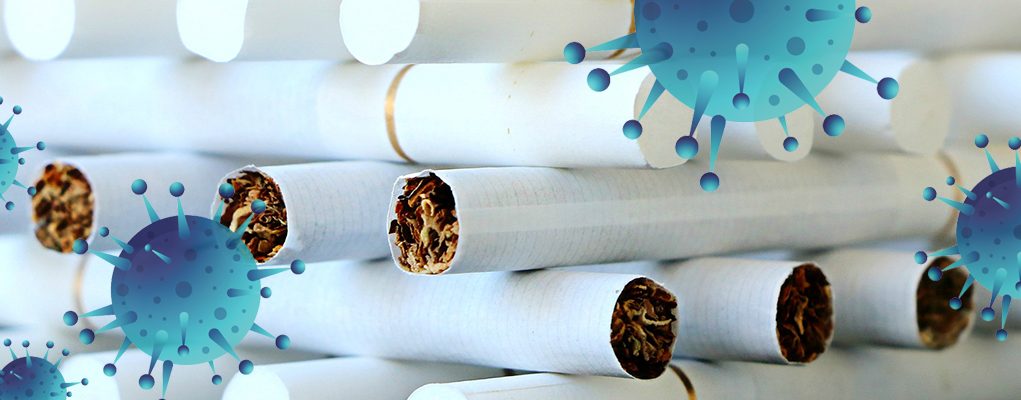Titled, “Cigarette Smoking and Risk of SARS-CoV-2 infection and Disease Severity Among Adults in an Integrated Health Care System in California,” the study consisted of a retrospective cohort study of over 2.4 million adults in a large healthcare system. The aim was to look for any possible links between smoking and SARS-CoV-2 infection and severity.
In line with previous findings, the current study found that smoking seemed to act as a protective factor against contracting COVID-19, but tended to lead to more severe symptoms in those who actually contracted it. “In the largest US study to date on smoking and COVID-19, current and former smoking showed lower risk of SARS-CoV-2 infection than never-smoking, while a history of smoking was associated with higher risk of severe COVID-19.”
Understanding the relationship between smoking and COVID-19
Similarly, the study titled, “Smoking and COVID-19 outcomes: an observational and Mendelian randomisation study using the UK Biobank cohort,” combined observational and Mendelian randomization analyses with the aim of better understanding this relationship.
The research team analyzed primary care records, COVID-19 test results, hospital admissions data and death certificates to look for associations between smoking and COVID-19 infection severity from January to August 2020, amongst 421,469 participants of the UK Biobank.
“There were 421 469 eligible participants, 1649 confirmed infections, 968 COVID-19-related hospitalisations and 444 COVID-19-related deaths. Compared with never-smokers, current smokers had higher risks of hospitalisation and mortality. In MR analyses of 281 105 White British participants, genetically predicted propensity to initiate smoking was associated with higher risks of infection and hospitalisation. Genetically predicted higher number of cigarettes smoked per day was associated with higher risks of all outcomes,” reported the researchers.
Nicotine as a protective factor against COVID
On analyzing this data, the research team concluded that smoking could increase the severity of COVID-19 when one contracted it. On the other hand, countless studies reported that smoking, more precisely, nicotine consumption acted as a protective factor against contracting the virus.
Infact, data from the Centers for Disease Control and Prevention (CDC) have shown that smokers represented just 1.3% of COVID-19 cases analyzed, while America’s adult smoking rate is at 13.7%. Similarly, a review of Chinese data published in the European Journal of Internal Medicine had reported that “active smoking does not apparently seem to be significantly associated with enhanced risk of progressing towards severe disease in COVID-19.”












